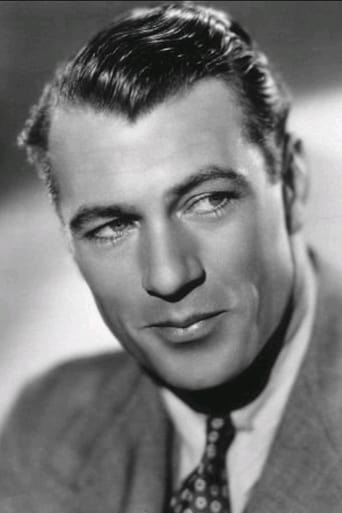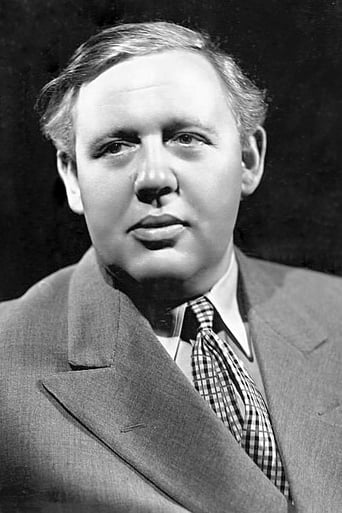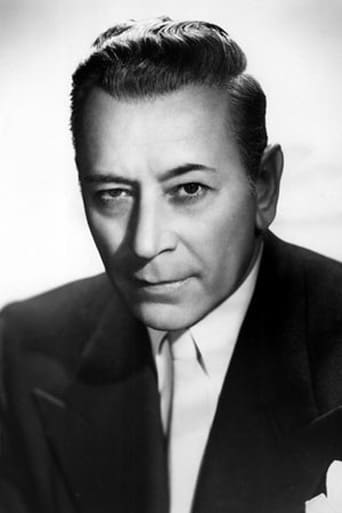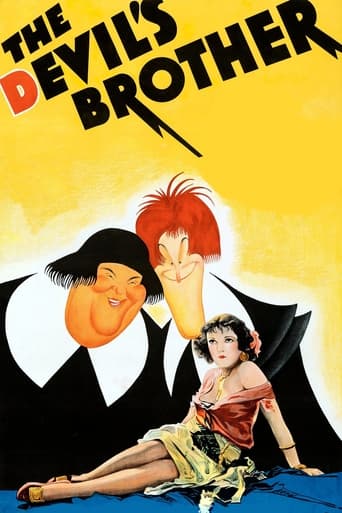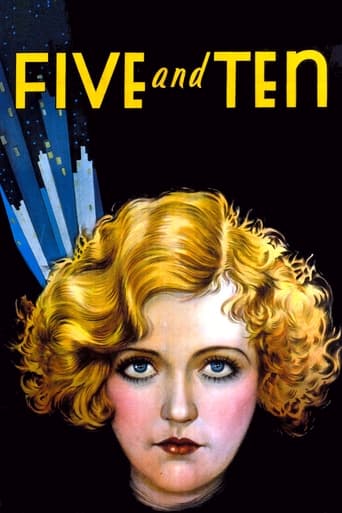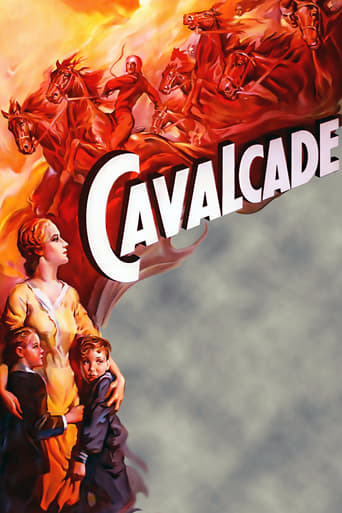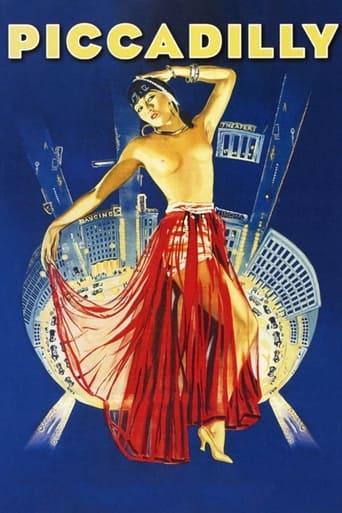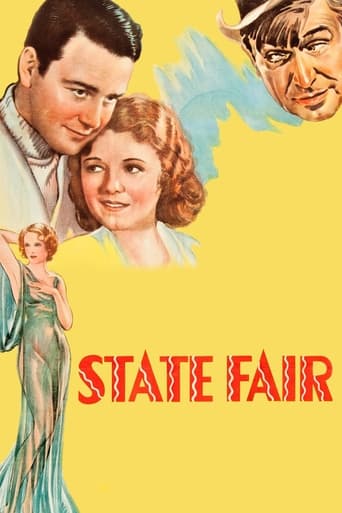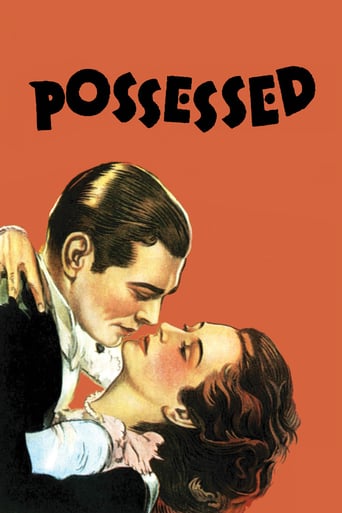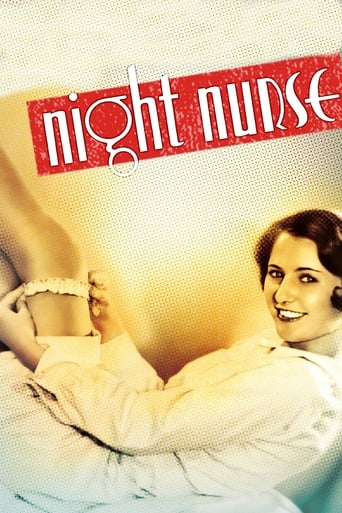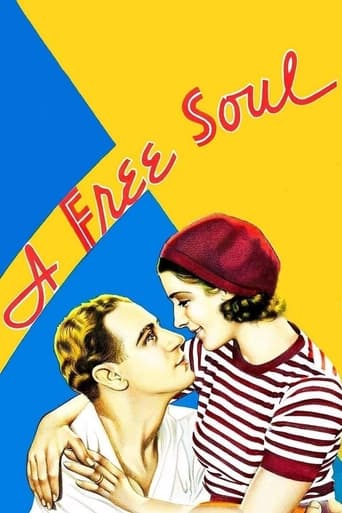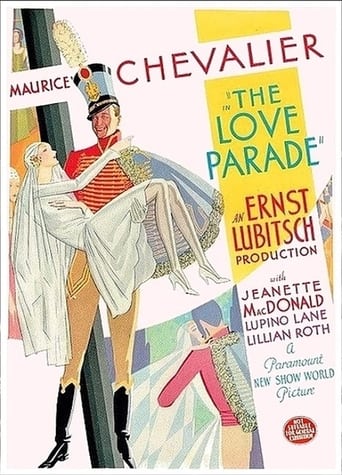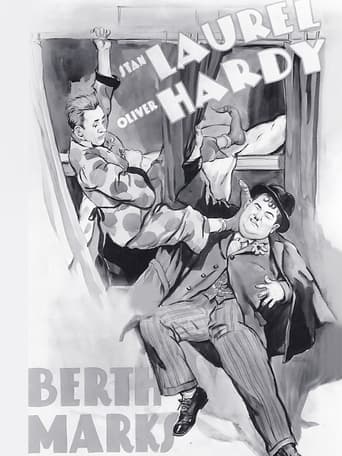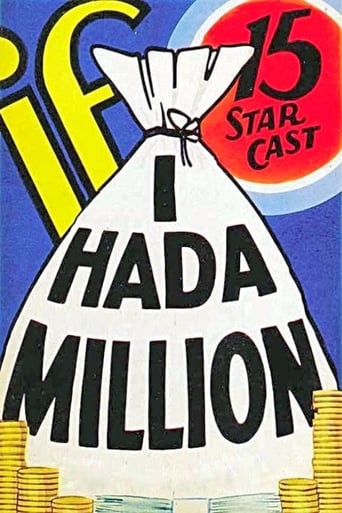

If I Had a Million (1932)
An elderly business tycoon, believed to be dying, decides to give a million dollars each to eight strangers chosen at random from the phone directory.
Watch Trailer
Cast


Similar titles
Reviews
Very very predictable, including the post credit scene !!!
Absolutely the worst movie.
The best films of this genre always show a path and provide a takeaway for being a better person.
This is one of the best movies I’ve seen in a very long time. You have to go and see this on the big screen.
I approached this movie with optimism, having read several glowing reviews. However, I came away disappointed. The main plot involves an eccentric - and bad-tempered - millionaire who is so dissatisfied with his relatives and work associates that, rather than will his money to any of them, he decides to give it away in million-dollar amounts to strangers picked from the city directory.The remainder of the movie is made up of 8 short stories involving each of the recipients. The problem that I have with the movie is that, with the exception of the final story, the recipients are a group of lowlife persons who simply waste the money. Charlie Ruggles plays a henpecked husband and a meek and clumsy china salesman who uses his fortune smashing up his employer's china shop out of spite, knowing that he can afford to pay for the damage. Wynne Gibson (strangely uncredited) plays a prostitute who uses the money to book into the best room in a swank hotel. George Raft plays a forger who is unable to cash the check because the law is after him and therefore it becomes worthless. Alison Skipworth and W C Fields play two ex-vaudevilleans who hate road hogs and spend their fortune on a fleet of cars for the sole purpose of causing road crashes. An uncredited actor plays a condemned man who cannot use his check to save himself. In a bizarre, wordless piece, Charles Laughton plays a clerk who travels through a series of doors for the sole purpose of blowing a raspberry to his employer. In a more entertaining piece Gary Cooper, Jack Oakie and Roscoe Karns play boisterous marines who spend more time in the guard house than on the parade ground and who dismiss the check as an April Fools prank and sign it away for $10 cash. None of these stories appears to have any redemptive value and I was left with the impression that the money would have been no worse spent on the millionaire's relatives and employees.The final - and longest - story redeemed the movie to a small degree. May Robson plays a dissatisfied and oppressed inmate of an old ladies' home. She at least puts her money to a good cause to improve her lot and that of her fellow inmates.Her good fortune and good heart has a flow-on effect on the millionaire, who at the beginning of the film could "go at any time." Throughout the movie, as he delivers the checks personally, he seems quite well and hearty enough and by the end of the movie he looks as though he could live forever, even though he still acts like a cranky old buffoon towards his employees.The final story of the movie is heart-warming but whether it is enough to warrant sitting through the other stories is in the eye of the beholder. For me, it wasn't quite enough.
This episodic movie has something for everyone - humor, hope, pathos. It also has a stellar cast, a who's who of Paramount actors of the early 30s. It has a simple storyline of a millionaire who thinks he's dying and since he dislikes (quite rightly) all of his relatives and colleagues decides to give a million dollars to strangers selected out of the phone book. The movie was clearly the inspiration for the later very popular and, by me, fondly remembered Millionaire television series. In addition to its cast, the movie's strength is its variety. All of the episodes are good but the episode with the most impact is the Wynne Gibson one where she plays the weary prostitute who first uses part of her windfall by getting the best room in a fancy hotel where she can spend the night alone. Very powerful episode. The episode with the always wonderful May Robson is both sad and inspiring. And the movie has the comedy vignettes with Charlie Ruggles and Mary Boland, W.C. Fields and Alison Skipworth, and Charles Laughton. A superior film worth watching and re-watching.
This is surely among Hollywood's first and most celebrated all-star compendiums, which also involved a plethora of equally notable writers and directors, but is best-remembered now for Ernst Lubitsch's contribution (it's actually the briefest episode of the lot!) and the hilarious W.C. Fields segment. The narrative revolves around wealthy but eccentric dying industrialist Richard Bennett (who's wonderful here, though his only other notable role was a brief dramatic turn in Orson Welles' THE MAGNIFICENT AMBERSONS [1942]) who, rather than leave his fortune to his "vulture" relatives and collaborators, decides to donate it indiscriminately by randomly choosing the names of eight strangers from the telephone book! Though it's stylishly handled all the way through, the episodes alternate jarringly between comedy, irony, melodrama and sentimentality making the whole somewhat patchy.Besides, a few of them are insubstantial (the Lubitsch/Charles Laughton and Stephen Roberts/Wynne Gibson segments, the latter as a prostitute who celebrates her freedom by sleeping in luxury and alone making no secret of the girl's profession, who's later seen in her underwear and even removing her stockings, was only possible due to the relaxed censorship of the Pre-Code era) as well as repetitive (the immediate reaction of both Laughton and Charlie Ruggles, in a Norman Z. McLeod-directed episode where the star is typically flanked by the overbearing Mary Boland and which even incorporates a surreal nightmare sequence, on receiving the inheritance is to avenge themselves on their respective bosses). For that matter, Fields' segment (also helmed by McLeod) deals likewise with the sweet taste of revenge as he and frequent sparring partner Alison Skipworth buy a number of cars simultaneously, after their brand-new vehicle has been destroyed by road-hogs, and spend the rest of the day giving irresponsible drivers they meet along the way a dose of their own medicine but it's easily the highlight of the film.The other episodes include: a prisoner on Death Row, Gene Raymond (directed by James Cruze), whose fortune arrives too late to change his fate; in a somewhat similar situation, the H. Bruce Humberstone-helmed segment has George Raft as a forger who, wanted by the Police, is understandably not given credit by any of his shady associates, even when he presents them with the $1 million figure it does gain him lodging at a flop-house except that the owner, recognizing the forger from his photo in the papers, instantly turns Raft over to the proper authorities and obliviously uses the cheque to light his cigar! Again, a variation on this misuse of the money is the basis of the Gary Cooper episode (directed by William A. Seiter): he's one of three marines thrown in the stockade for unruly behavior receiving Bennett's cheque on an April Fool's Day, he believes it all to be a mere prank, and uses it to buy himself and his pals a meal at a hamburger stand; after they all go out with the waitress there to a carnival and end up in another brawl, they're astonished the next day to see the girl and her employer living it up! The concluding May Robson/Stephen Roberts segment residing at a home for old ladies run by a female disciplinarian, she eventually utilizes the money to buy off the property and turn it into a recreation center (to which, ultimately, Bennett himself apparently retires!) is among the longer episodes but also, obviously, the most sentimental. Norman Taurog, then, presumably directed the millionaire's scenes in his home and offices i.e. whenever he's not interacting with the other stars; it's unclear, however, what exactly constitutes Mendes' uncredited contribution. Unfortunately, the copy I acquired of this was rather fuzzy (after having longed for years to watch it); for what it's worth, the film is only currently available on R2 DVD, as part of a W.C. Fields collection: I didn't spring for the 10-Disc set for the simple reason that I already owned many of the titles included therein though I'm still missing a few at this point
This film was one of those episodic films that occasionally were turned out by studios (Paramount in particular) where each story was only tangentially connected to a running theme. Other examples are O. HENRY'S FULL HOUSE (five of O. Henry's short stories) and WE'RE NOT MARRIED (five stories of couples erroneously married by Victor Moore, before his justice of the peace powers legally began). TALES OF MANHATTAN was another sample of this type of film, using the same man's evening suit as the connecting link between the stories. American films are not the only ones that use this. Somerset Maugham's stories were anthologized in three films: QUARTET, TRIO, and ENCORE in Great Britain, and the classic deja vu horror tale, DEAD OF NIGHT is also episodic.Here the running thread is John Giddens, a wealthy man who is in bad health. Played by stage actor Richard Bennett, Giddens is angry at all the over-attention being given to him by his family and physicians. The latter don't seem to be making him better (but are collecting large fees from him), and the former are actually wondering how soon before he dies so they can read his will. He tells his lawyer that he's tired of all these leeches around him. He decides to give the money away, a million dollars at a time, to total strangers he picks out of the phone book.IF I HAD A MILLION was, actually, the prototype of a popular television series of the 1950s called THE MILLIONAIRE. The idea of THE MILLIONAIRE is basically what is the plot of IF I HAD A MILLION: if somebody plopped a fortune into your hands, what would you do with it? The eight people vary in background and situations. Charlie Ruggles works in a store that sells china. He is very nervous, and his bullying boss and his henpecking wife (Mary Boland, of course), don't help matters. When he gets the check, he demonstrates what he thinks of fancy china and glass to his boss. Similarly downtrodden corporate clerk Charles Laughton is barely noticed by his bosses at his desk job. When he gets the check, and realizes what it means, he goes to the head of the company, and in one moment shows what he feels about being a downtrodden underling. Wynn Gibson uses the money to finally get the good night sleep her normal job has always denied her. W.C. Fields and Allison Skipworth hate road hogs, as their recently purchased new car was destroyed by one. They decide to buy nearly thirty cars to destroy as many of the road pests as possible.George Raft is a professional forger, who thinks this check is the answer to his problems about avoiding arrest. The problem for him is, will anyone cash his perfectly good check. Similarly Gene Raymond is happy to have the money - you see he is on death row, and with the check he can now mount the appeal he needs for a new trial (or can he?).Gary Cooper is a slick soldier who knows all the angles. He and his two buddies figure the check is a phony joke, and they pass it off on a cook they owe money to for hamburgers they charged. Later their laughs disappear when they realize they gave the cook too much of a tip. And best is last: May Robson as an independent old lady who will not put up with the tyranny in an old age home. She not only uses the money to restore the spirit to her fellow old age victims, but she even manages to restore spirit (in the end) to her new friend, Richard Bennett.The film was not all comic - the sequences with Raft and Raymond are actually tragic, and Gibson's success is after a lifetime of unhealthy activity (one hopes her health is good). But it was such a wide variety of stories and reactions to sudden wealth that the film remains a wonderful film experience.


